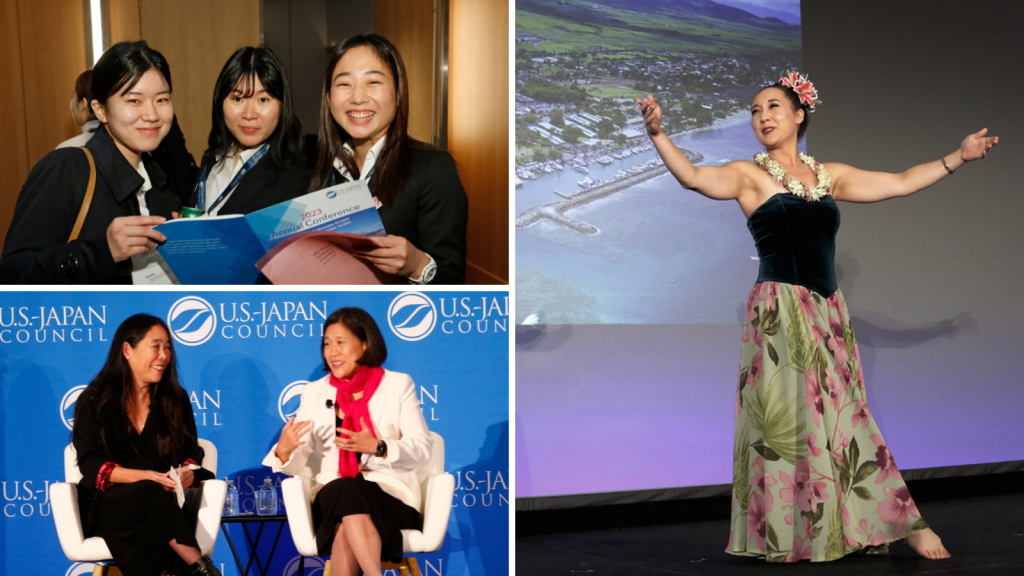
The U.S.-Japan Council and the U.S.-Japan Council (Japan) brought together nearly 600 members, alumni and other friends of the U.S.-Japan relationship for its twelfth Annual Conference, which took place November 8-10. Held under the theme “Building a Sustainable, Secure and Inclusive Future Together,” the conference’s Washington, DC location held special significance this year, which opened with the January 2023 Biden-Kishida joint statement emphasizing the need to address critical issues in the Indo-Pacific region. Leaders across industries, backgrounds and generations instigated solution-focused discussions on key issues, with a special emphasis on sustainability, diversity and strengthening bilateral ties.
Climate change was a prominent theme. The Conference hosted its second annual “Climate and Sustainability Roundtable,” bringing together government leaders to candidly discuss strategies to reduce carbon emissions. Panelists in the “Climate Tech & Innovation Showcase” shared their cutting-edge approaches to green and clean technologies. “Building Climate-Resilient & Sustainable Health Systems through U.S.-Japan Leadership” explored the ramifications of climate change on human health and emphasized the need to establish environmentally and politically sustainable health systems. “Climate and Clean Energy Programs – Opportunities and Benefits” featured a special conversation with John Podesta (Senior Advisor to the President for Clean Energy Innovation and Implementation, The White House), moderated by Christine Harada (The White House), alongside presentations by SHIKATA Noriyuki (Cabinet Secretary for Public Affairs, Prime Minister’s Office of Japan) and Ashleigh de la Torre (Vice President, Public Policy, Amazon).
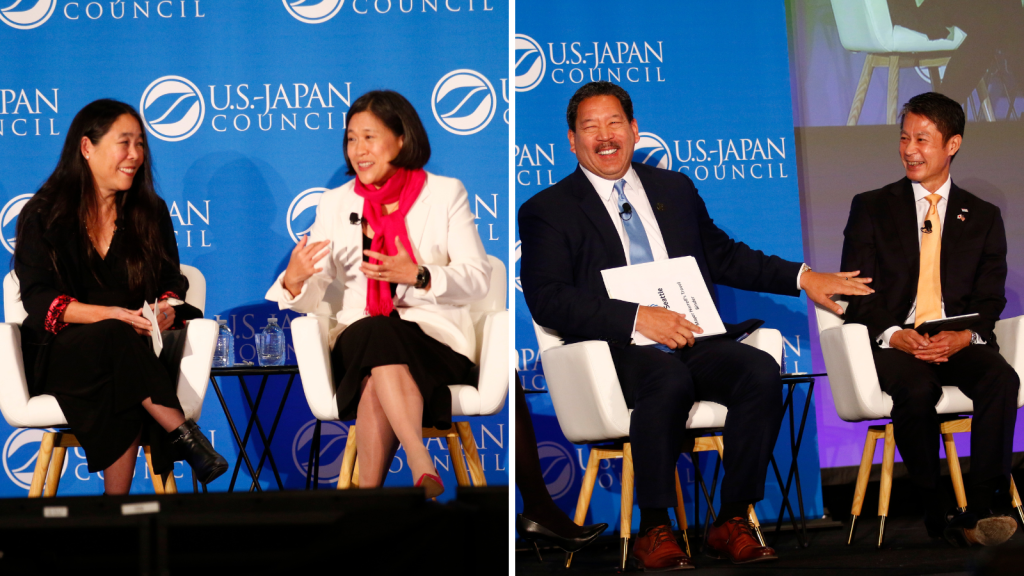
The Washington, DC location enabled an opportunity to call upon government leaders to share strategies and initiatives. Ambassador TOMITA Koji, in his last public appearance in his role as Japan’s envoy to the United States of America, offered special remarks on the value of the U.S.-Japan relationship. During a fireside chat with Erika Moritsugu (The White House), United States Trade Representative Ambassador Katherine Tai reflected on the importance of the U.S.-Japan trade relationship and contributions the Asian American, Native Hawaiian and Pacific Islander (AANHPI) community has made to the broader U.S.-Japan alliance. “Subnational Diplomacy and Leadership” featured a special conversation between Seattle Mayor Bruce Harrell and Hiroshima Governor YUZAKI Hidehiko. Other sessions examined policymaking, upcoming political elections in both countries and the U.S.-Japan geostrategic alliance.
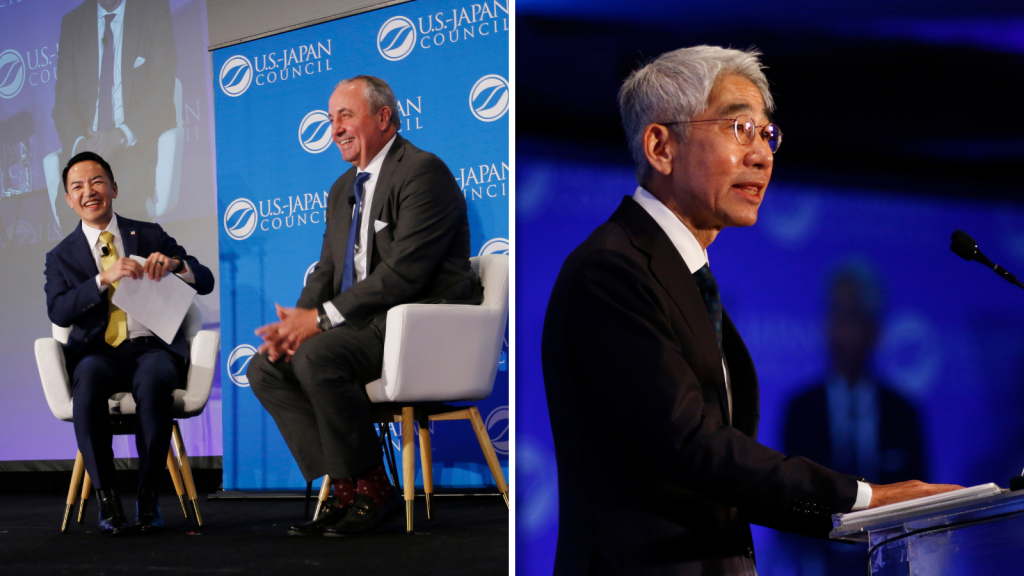
The Conference explored the role of business in U.S.-Japan relations. A plenary titled “Global Business and Innovation” featured speakers including Carmine Di Sibio, Global Chairman & CEO, EY and Takayuki Morita, President and CEO (Representative Director), NEC Corporation. “Japanese Entrepreneurs Thriving in the USA: Building Success on New Shores” spotlighted Japanese nationals who brought innovative ideas to the United States. A breakout session emphasized the role of small and medium-sized enterprises (SMEs) in economic exchange between Japan and the United States.
Programming also delved into the critical need for diverse voices in the U.S.-Japan relationship and the unique role that Japanese Americans can play in strengthening bilateral bonds. Anti-Asian discrimination was scrutinized in panels including “Why is the Japanese American Incarceration Story Important to the Japanese?” and “Leadership Addressing Anti-Asian Hate,” which included Cynthia Choi (Co-Founder, Stop AAPI Hate.) Speakers representing four Japanese American-focused community organizations shared their efforts to advance inclusivity initiatives in “Sustaining Japanese American Non Profit Organizations for the Future.” Panels also celebrated Japanese culture in the United States. “Art as Currency: Japanese Culture in Contemporary America” showcased the work of artists in preserving, sustaining and evolving Japanese arts and culture.
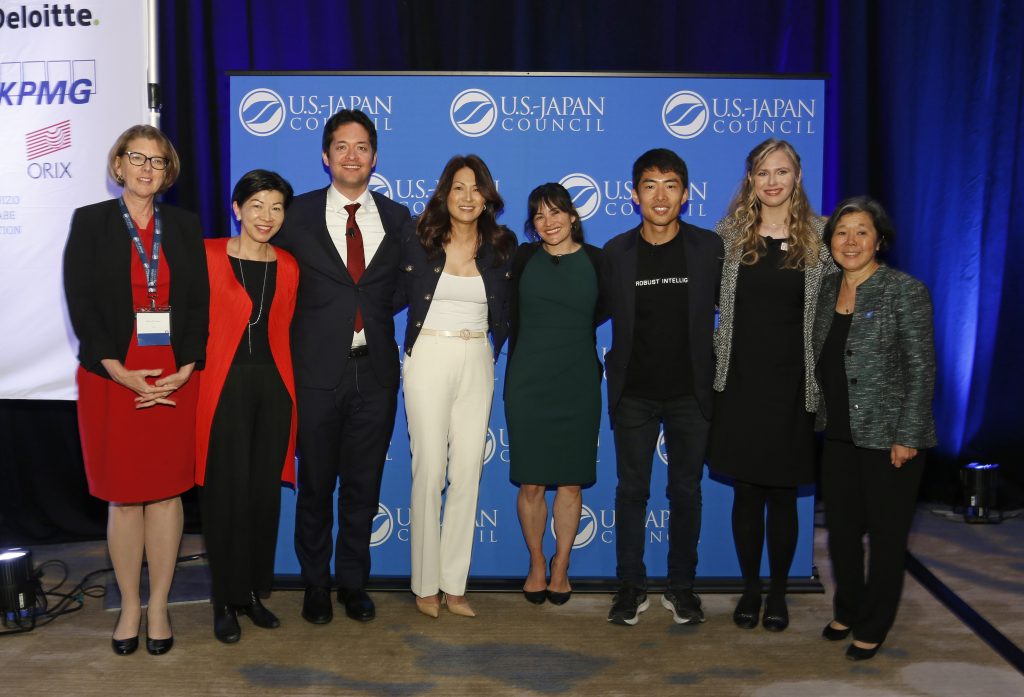
Young and next generation leadership was also at the forefront of the conference. Breakout sessions and plenaries brought the spotlight to alumni of the TOMODACHI Initiative, the Emerging Leaders Program (ELP) and the Watanabe Scholarship Program. A plenary lunch panel titled “Next Gen’s Vision of What’s Next” brought next generation leaders to the stage, to both articulate their concerns for the future as well as their hopes for what lies ahead. A series of plenary speakers in “Empowering the Next Generation: Harnessing Mentorship for Cross-Generational Collaboration and Connection” also welcomed a range of young Japanese and American leaders to the stage to share their stories and ways established professionals can help support and guide our future leaders. The conference also welcomed the 2023 cohort of the Emerging Leaders Program, and congratulated them on completing their program.
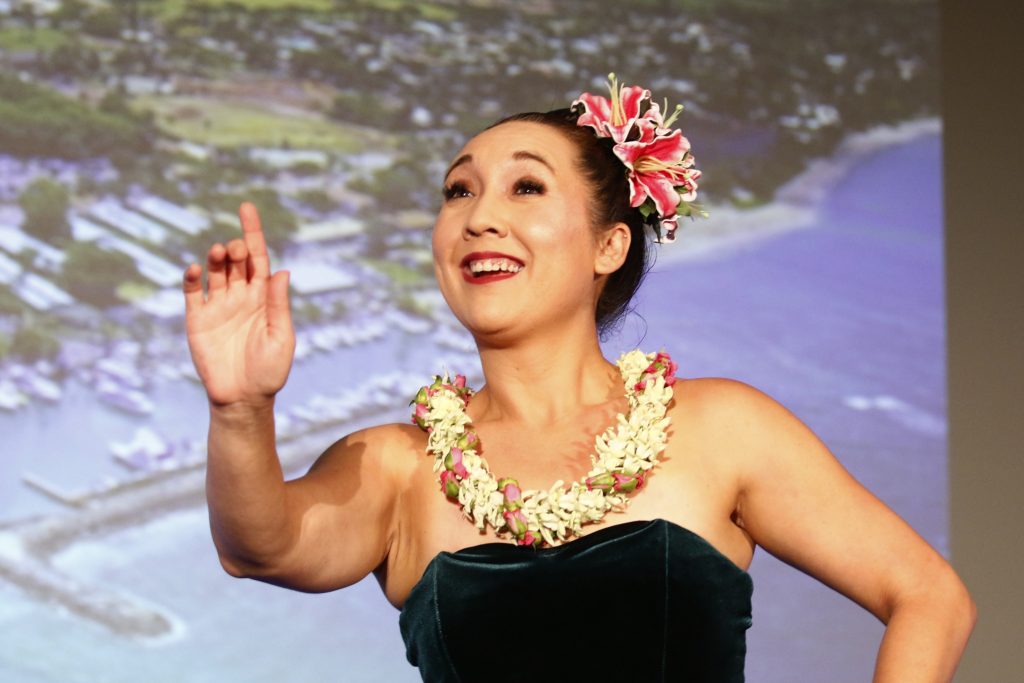
The public program concluded with a special recognition of the wildfires that devastated Maui over this past summer and stories of USJC members local to the area volunteering in “Aloha Kekahi i Kekahi — Maui and the USJC Community.” It ended on a very special, heartfelt note, with a traditional Hawaiian dance performed by Kristin Alm (USJC Hawai’i Region Co-Vice Chair, ELP ‘20.)
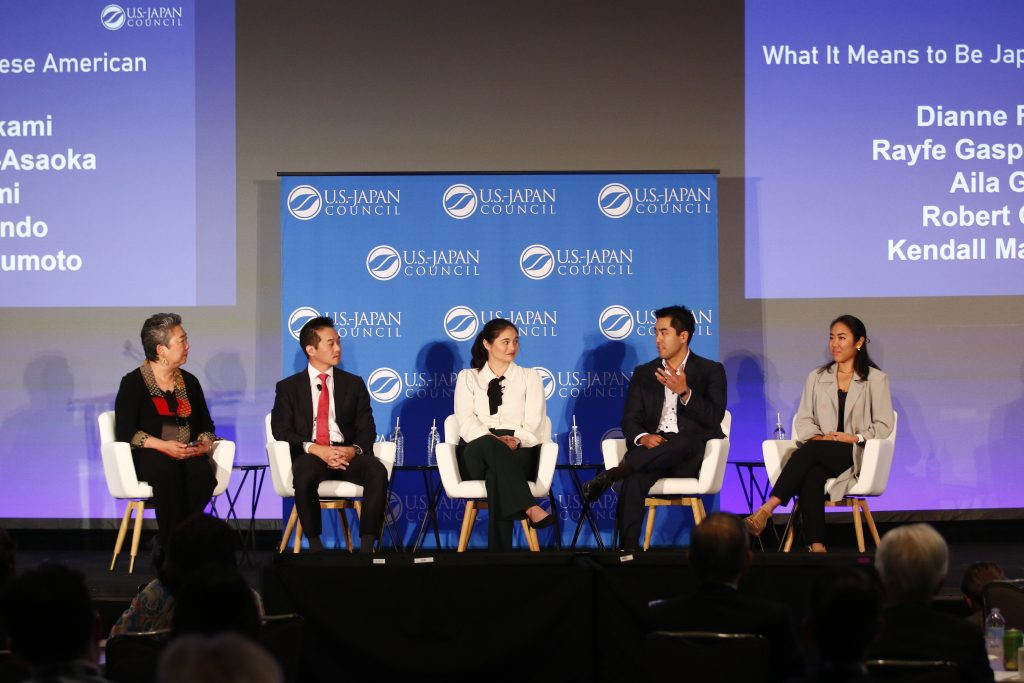
The annual Members Forum took place on the final day of the conference. USJC members discussed the Council’s current activities and strategies for the future, shared regional highlights and welcomed new Board leadership. Dianne Fukami (JALD ’09) & Debra Nakatomi (JALD ’09) co-organized a panel, “What Does It Mean To Be Japanese American?,” which allowed panelists to share their personal stories and reflections on self-identity.
The Council would like to extend a special thank you to the Washington, DC host committee, co-chaired by Janet Nuzum and Margaret Cummisky. We are also grateful to our team of volunteers that helped make this event possible. The conference could not have happened without your hard work and support.
The U.S.-Japan Council looks forward to convening the U.S.-Japan community again next year in Tokyo for the 2024 Annual Conference.
Click here to see more photos from the conference, or click here to watch recording of the plenary sessions online.